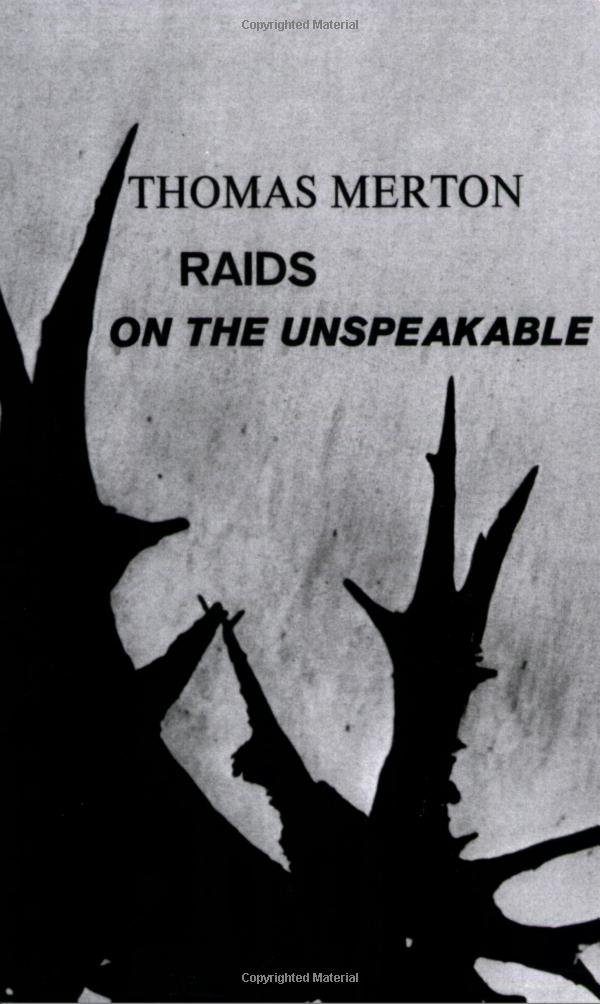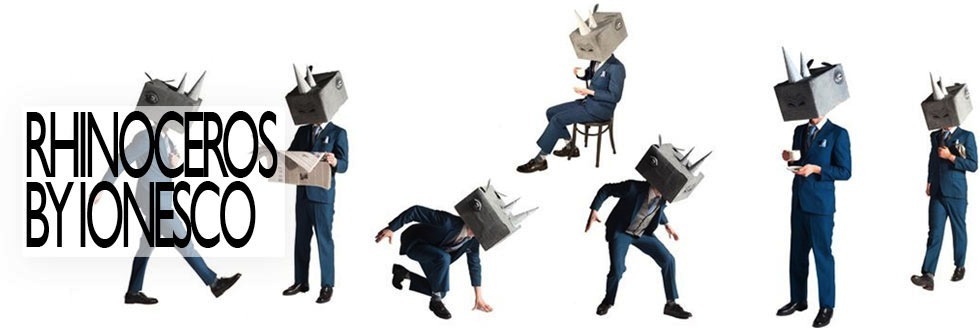
This morning after doing some Greek, I turned to Thomas Merton’s little book, Raids on the Unspeakable. It was with satisfaction that I found the first chapter in this book is about rain. Merton talks about the fact that what has no price can still have value.
“Let me say this before rain becomes a utility that they can plan and distribute for money. By “they” I mean the people who cannot understand that rain is a festival, who do not appreciate its gratuity, who think that what has no price has no value, that what cannot be sold is not real, so that the only way to make something ACTUAL is to place it on the market.” Merton in “Rain and the Rhinoceros.”
Merton has withdrawn from the Monastery in Gethsemani and is in cabin far from the others. He has no electricity there. In 1986, 26 years after Merton published this book, I visited Gethsemani with my psalmody class. Looking for my poem on the rain I stumbled across a few journal entries I made while there.

I find it ironic that Merton mentions his lack of electricity, since it was electricity that killed him. He was attending a conference of monks both Christian and non-Christian in Bangkok. He stepped from a shower and touched an electric fan and it killed him.

Solitude and rain are both themes in my life. When very young I wrote a poem about the rain.
Here is the torn day, rain
Here is the torn day rain
Broken like red small leaves
Under my feetMy last lover has to be you
I find you everywhere
And I sleep beside youEvery word or sound I have made
Was really made for youMute one silent with sound
You are on my handsSomeone tried to steal you
To make you faithfulYou are the only one
I never asked to be faithfulSticking your sounds
On the leaves, you
Are all around me
It took a little searching to find that poem. I think about it once in a while. I like that I chose rain as a muse.
Reading Merton helps me understand my isolation as solitude.

“Philoxenos in his ninth MEMRA (on poverty) to dwellers in solitude, says that there is no explanation and no justification for the solitary life, since it is without a law. To be a contemplative is therefore to be an outlaw. .” Merton, “Rain and the Rhinoceros”
I’m not a true solitary, but no one really is. Besides the company of my beautiful wife, I spent my solitude with people like Merton and Chopin. Rising to occasional contemplation, I am content “to be an outlaw.”

But I’m an outlaw who is addicted to the interwebs. This morning when I couldn’t find my copy of Rhinoceros by Ionesco, I found it in an online pdf. Free.

“The problem of Berenger, in Ionesco’s Rhinoceros, is the problem of the human person stranded and alone in what threatens to become a society of monsters.” Merton, “Rain and the Rhinoceros.”
Maybe I’ll write here later about how Merton works this play into this essay. First I want to finish reading it.
